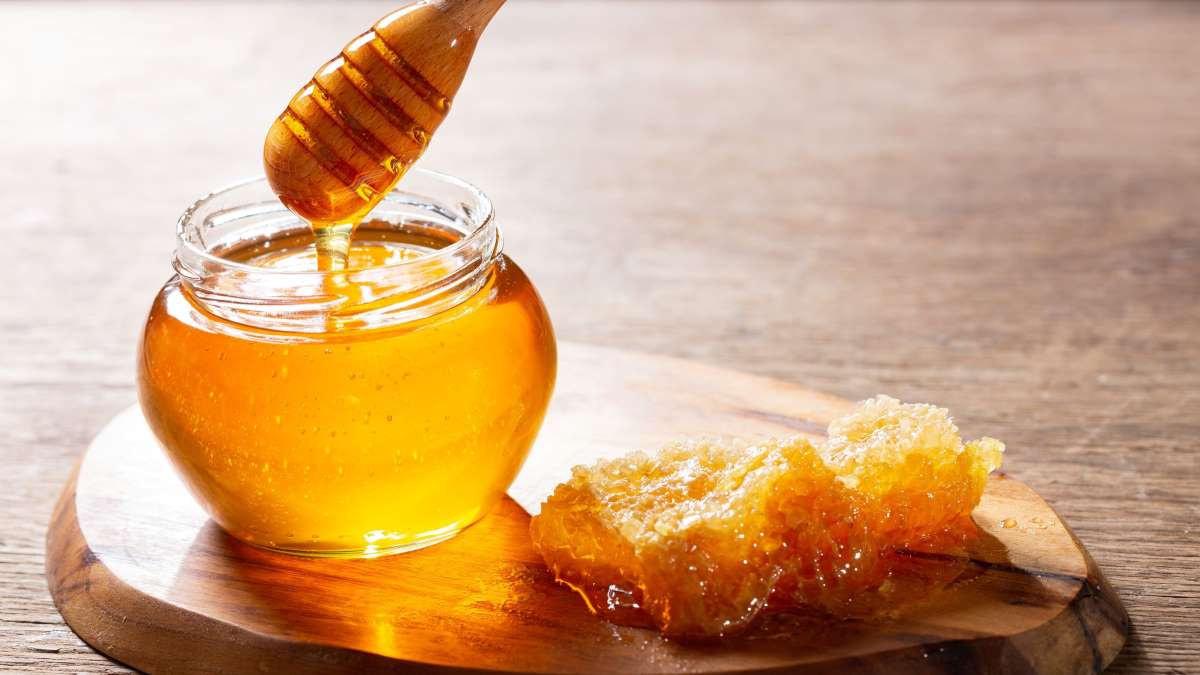
"Everyone knows sugar is bad for your health and your teeth. It's not great for the environment either. The best thing to do is to cut down, but a diet devoid of sweetness isn't going to make anyone happy. Switching to a natural sweetener can be a healthier choice , but are they more sustainable? We examined the environmental footprint of four of the most popular options to determine which one offers the best deal for the planet."
"Stevia is a relatively low-impact crop , requiring less land and fewer inputs than sugarcane or corn. A carbon and water footprint assessment from PureCircle , one of the largest stevia producers, found the carbon footprint of stevia to be 79% lower than high fructose corn syrup, 55% lower than beet sugar, and 29% lower than cane sugar per unit of sweetness."
"According to , which produces many stevia products, EverSweet® stevia sweetener has the lowest impact score on land use, climate change, ozone depletion, and ecotoxicity among their sweetener products. A 2025 report published in also demonstrated that sustainable cultivation techniques, utilizing bioinsecticides and optimized growing conditions, can further reduce environmental impact. But buyer beware - there are also brands of refined and even artificial stevia on the market. Read labels carefully."
Sugar harms health, teeth and environment. Cutting sugar intake helps but sweetness remains desirable. Natural sweeteners can be healthier yet sustainability varies. Stevia is native to South America and is cultivated globally, with China the largest producer and Paraguay the second. Production methods in China are poorly documented and sustainable agriculture is not yet widespread there. Indigenous Paraguayan farmers have been largely excluded from the industry, though some companies source from smallholders and process locally. Stevia requires less land and fewer inputs than sugarcane or corn. Lifecycle assessments show stevia's carbon footprint is substantially lower per unit of sweetness. Sustainable cultivation and careful sourcing further reduce impacts. Refined and artificial stevia products are available, so consumers should read labels.
Read at Earth911
Unable to calculate read time
Collection
[
|
...
]